Turbo Trouble: How Turbochargers Work
Turbochargers are great for adding power to any gas or diesel-powered engine, but are especially useful in small displacement engines. The boost to airflow that a turbocharger provides increases the breathing efficiency of the engine for more horsepower and torque.
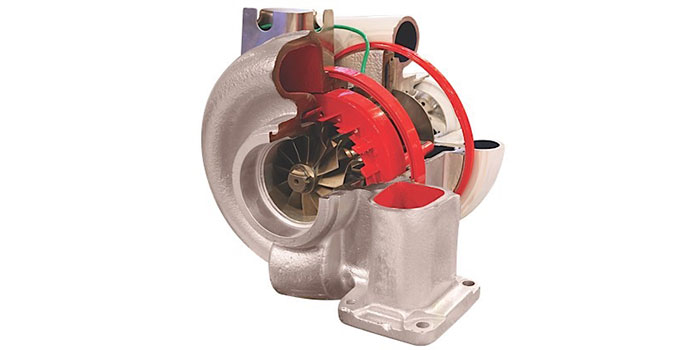
Mini Cooper Alignment Specs
First- and second-generation Mini Coopers are not a difficult car to align. 2002-2006 models are designated R50 models, and 2007-2013 models are R56 models. The convertible is called a R52, the Clubman is a R55, and the first-generation S-Models are R53s.
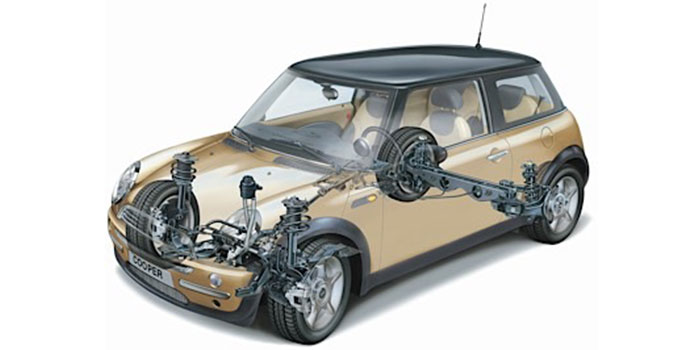
Failing O2 Sensors Result In Increased Emissions And Fuel Consumption
The engine computer needs to know what the fuel mixture is with a high degree of precision so it can optimize fuel economy as well as emissions. If the information received by the powertrain control module (PCM) from its sensors is not accurate, it may command too much fuel or not enough.
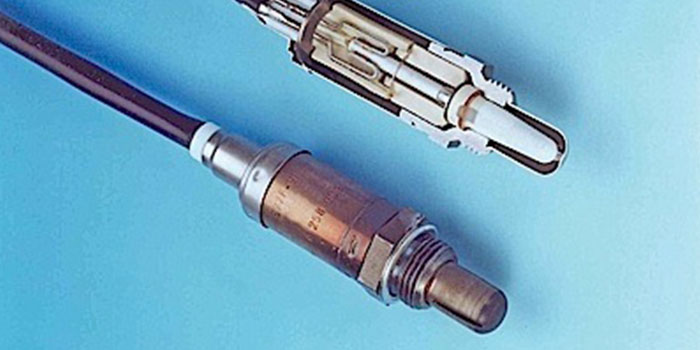
Identifying TPMS Battery Issues
It doesn’t matter what kind device it’s in, a battery on the verge of death can cause all sorts of weird things to happen. TPMS sensors are no different. All sorts of problems can arise from a dying TPMS sensor battery.
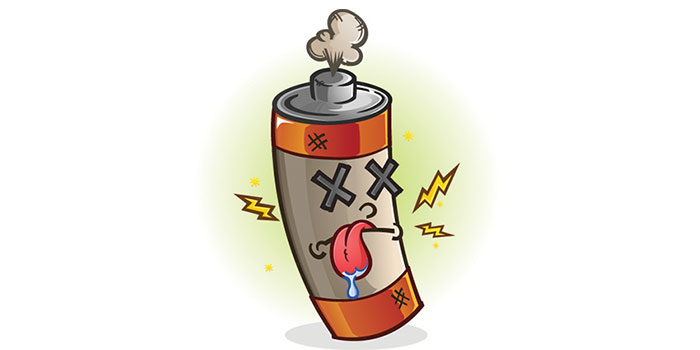
Ford F-150 EcoBoost 3.5L Pattern Failures
With almost 400,000 3.5L EcoBoost engines on the road today, these engines have proven to be a solid power unit. Many of these engines are out of warranty and heading to your shop. Here are the top failures and what to look for.
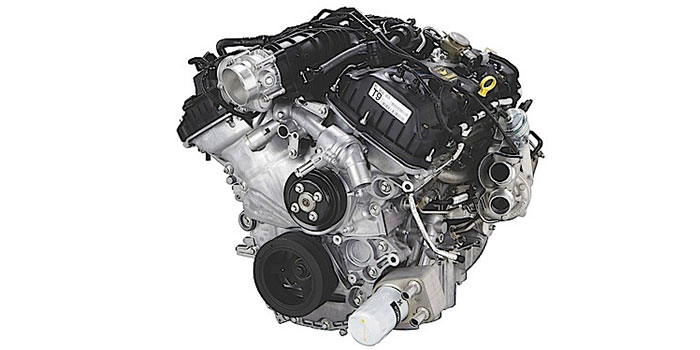
Understanding Wheel Bearing Seals
A seal must always be installed so that the sealing lip is facing the fluid to be sealed. This is because the lip is made so that pressure applied to it from the “wet” side of the seal will tend to increase the pressure the lip applies to the shaft. If the seal is installed backwards, pressure acting on the “wrong” side of the lip will cause it to lift from the shaft, resulting in leakage. On most seals, the correct side is obvious; however, on others it is not.
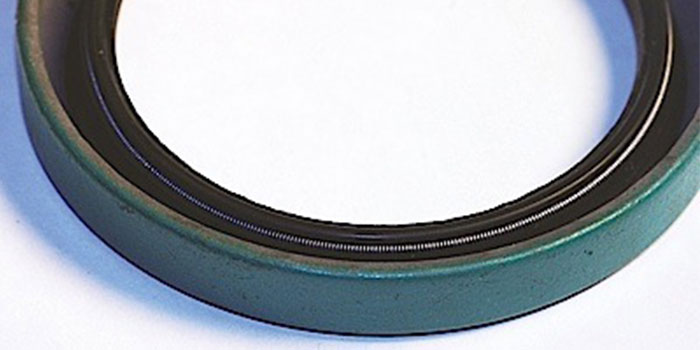
Tech Tip: Ford/Lincoln/Mercury Transmission Fluid Leak
Follow these tips to diagnose and fix a transmission fluid leak on several Ford, Lincoln and Mercury models.
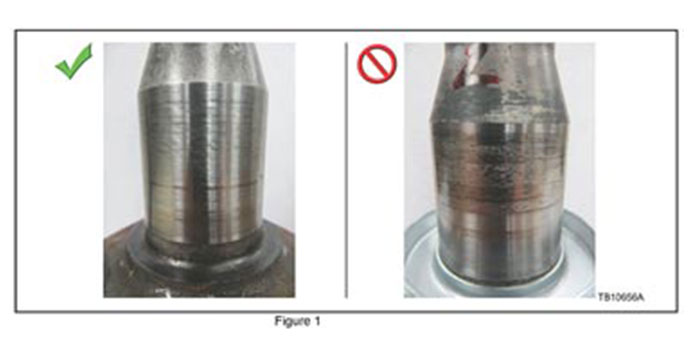
Understanding Friction And Formulations
Friction is the force resisting the relative motion of elements sliding against each other. In the case of cars and trucks, it is the brake pads pushing against a rotor that changes kinetic energy into heat.
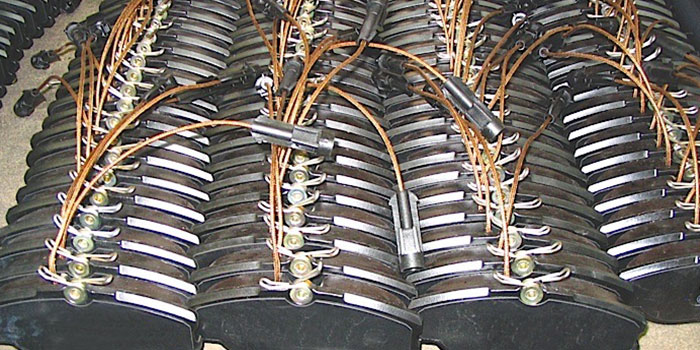
Tech Tip: Fuel Pump Float Arm Assembly
The float arm is shipped loose to avoid unnecessary damage and disruption during installation. The undamaged float arm assembly should be properly mounted to the fuel level sender before installing the pump module into the fuel tank.
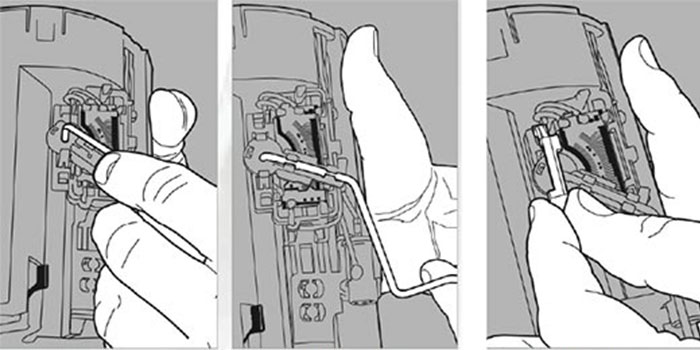
The Science Behind Precious Metal Spark Plugs
The higher melting point of iridium and platinum allows spark plug manufacturers to reduce the diameter of the center electrode. The smaller the diameter of the center electrode, the lower the voltage needed to start the spark. The finer point means that the electrode can absorb heat easier and faster, leading to improved acceleration, fuel consumption and smoother idling.
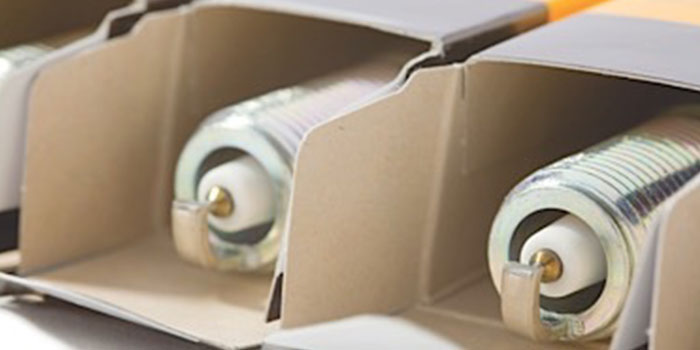
Why Oil Filters Matter To Extended Oil Change Intervals
Neglected oil change intervals can ruin the best engine oils and filters. As engine oil and the filter accumulate miles, they become contaminated with carbon, water and various acids, all of which are a byproduct of internal combustion that will form a film of black, gooey sludge on the interior parts of the engine.
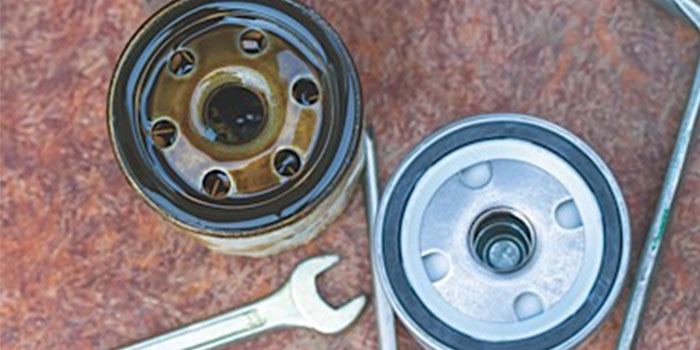
Selling TPMS Service Starts With Education
Thorough employee education is crucial when concerning TPMS services and equipment, as incorrectly calibrating tire pressure can be extremely dangerous.

